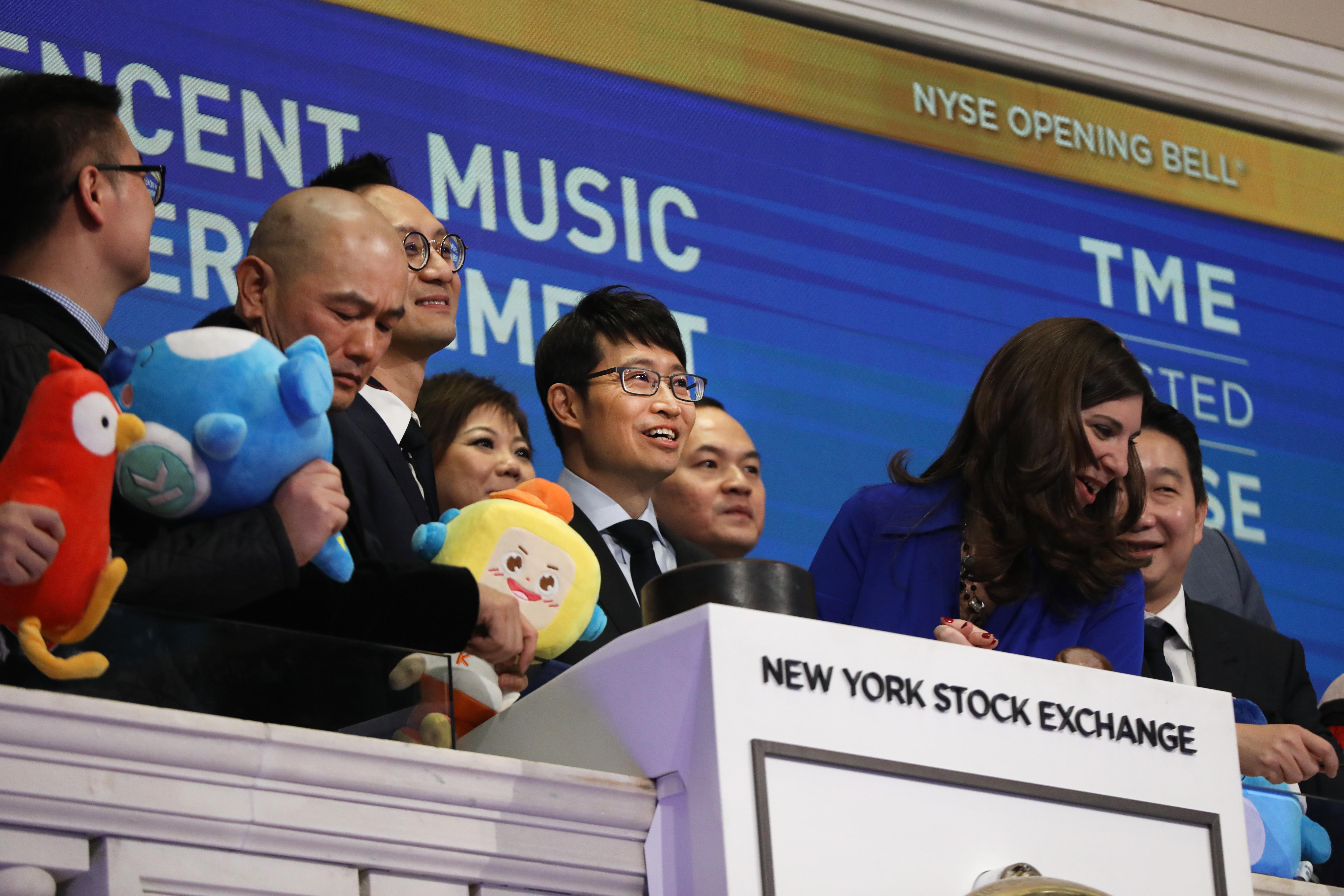Tencent Becomes Chinese Regulator Target, Buying the Dip Is Risky
Chinese big tech regulators are officially targeting Tencent. Amid fear-based sell-offs, should you buy the dip on TCEHY and other stocks?
Aug. 4 2021, Published 11:44 a.m. ET

'Pony' Ma Huateng, CEO of Tencent Holdings
Chinese regulators have been imposing clever blockades for domestic big tech brands, particularly those that are publicly listed on U.S. stock market exchanges. Tencent Holdings (OTC:TCEHY) is the next in line, and China's offensive move came from a surprising angle.
China pummeled Tencent in the news, which caused the company's securities to fall even further.
China drags Tencent in anti-gaming publication
On Aug. 3, a newspaper owned by the Chinese state wrote that online gaming is "opium for the mind." While the publication later removed that reference, it kept the broader picture that online gaming is bad, especially for children.
Tencent is mainly a gaming company. The company responded to the article by adding regulations that limit how long younger users can play per day, as well as outright banning in-game purchases from minors.
Tencent stock is another casualty in a long line of regulatory targets.
TCEHY stock fell 7.44 percent on Aug. 3. Since Feb. 12, the shares have lost 40.46 percent of their value.
Tencent Music Entertainment Group (NYSE:TME) has also been impacted. The subsidiary has numerous music streaming services and apps like WeSing and QQ Music that serve the Chinese population. TME shares fell as much as 5.37 percent on Aug. 3, which added to an already brutal 66.4 percent loss since Mar. 23.
Tencent owns a sizable stake in publicly traded U.S. stocks like Epic Games, Snapchat, Tesla, and Activision Blizzard—the latter of which is experiencing a double whammy amid major lawsuit woes. Tencent owns 40 percent of Epic Games and a smaller chunk of the other companies.
Should you buy the dip on the biggest Chinese bear market stocks right now?
Chinese regulators are a lot like rearview mirrors. Their next move is closer than it appears.
Throughout July, nine out of the U.S. market's 10 biggest losers were Chinese firms. Stocks like DiDi Global (NYSE:DIDI) and New Oriental Education & Technology Group (NYSE:EDU) accompany Tencent on the biggest losers list. This isn't a coincidence or a natural progression of stock market volatility. It's coming from a calculated source—the Chinese government.
While China has its reasoning for battling big tech (namely combating oversized monopolies that don't have consumers' best interest in mind), it also feels like a war on Chinese companies that have favored U.S. exchanges.
Collectively, investors across the globe have lost more than $1 trillion dollars in 2021 from companies targeted by Chinese regulators.
In short, this bear market won't be going anywhere anytime soon. Futures for the region's tech stocks have been flattened. Investors have conducted fear-based sell-offs, and they have already replaced their positions with other securities. As U.S. tech recuperates from a tough start to the year, buying the dip on Chinese stocks like Tencent feels futile, if not imprudent.
Granted, some investors are placing their bets (or maintaining their long-held positions), but it's an undeniable risk. Doing your due diligence means being well aware of what has happened, what could happened, and what will likely happen to Chinese stocks like Tencent.


